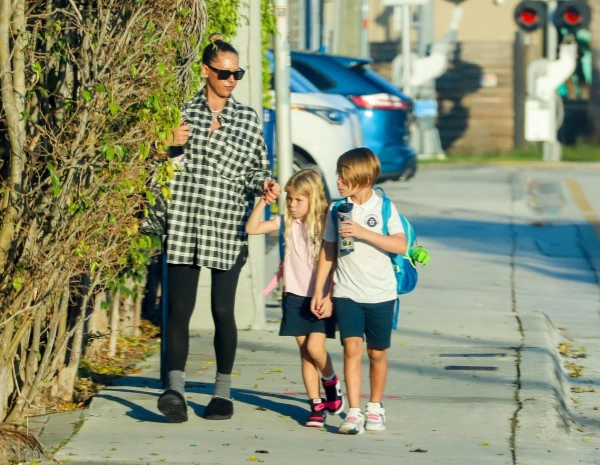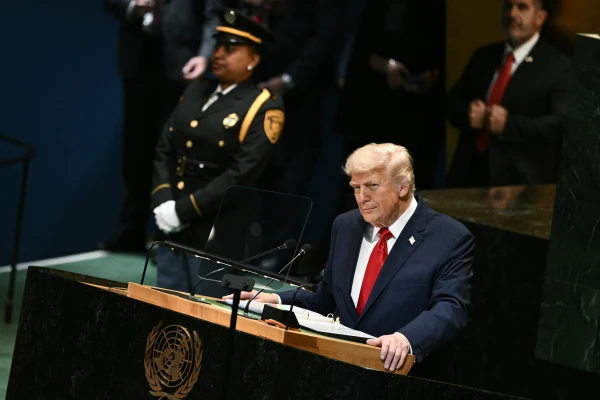
In families that unite people from different cultures, traditions, and values, unique opportunities for growth often arise, but so do particular challenges. To maintain closeness and mutual understanding, it is important to consider differences and learn to live with them in harmony.
Sincere Dialogue as the Foundation of Trust
Communication is a key tool in overcoming cultural differences. Create a space where everyone can share their experiences and traditions without judgment. Even simple conversations over dinner about family rituals help to better understand each other.
Interest in Each Other's Culture in Everyday Life
Supporting interest in a partner's culture can manifest not only in conversations but also in actions: watching films, preparing traditional dishes, visiting exhibitions, or learning the language. This helps to strengthen emotional bonds and broadens the horizons of the entire family.
Respect for Individuality and Freedom of Expression
It is important for each family member to have the right to their own opinions and habits. Raising children in such an environment should emphasize universal values — honesty, care, and respect, rather than the differences between cultures.
Joint Celebration of Traditions
Alternating cultural holidays helps children develop a broad worldview and teaches respect for different customs. For example, one year Christmas is celebrated, and the next year the Chinese New Year.
Language as a Bridge, Not a Barrier
Using expressions in a partner's native language or learning the language together strengthens trust and shows attention to each other's culture. Even simple phrases with an accent become symbols of engagement.
Communication with Relatives and Broadening Horizons
Interacting with relatives from different cultures helps both children and adults see that culture is a living experience. Video calls, trips, and joint celebrations contribute to the formation of family identity.
Support from Professionals
If cultural differences cause tension, it is helpful to consult family psychologists or mediators specializing in intercultural issues. They help find neutral solutions and strategies that take into account the characteristics of both cultures.
Unifying Values
Love, care, and the desire for the best for children are universal values that help overcome disagreements. Regular discussions about family goals and expectations keep the focus on what matters most.
Acceptance of Differences as a Path to Harmony
Living in a multinational family is a process of constant development and adaptation. Accepting differences strengthens emotional ties and allows for the building of open, sincere relationships, turning the home into a place of comfort and mutual understanding.














Leave a comment